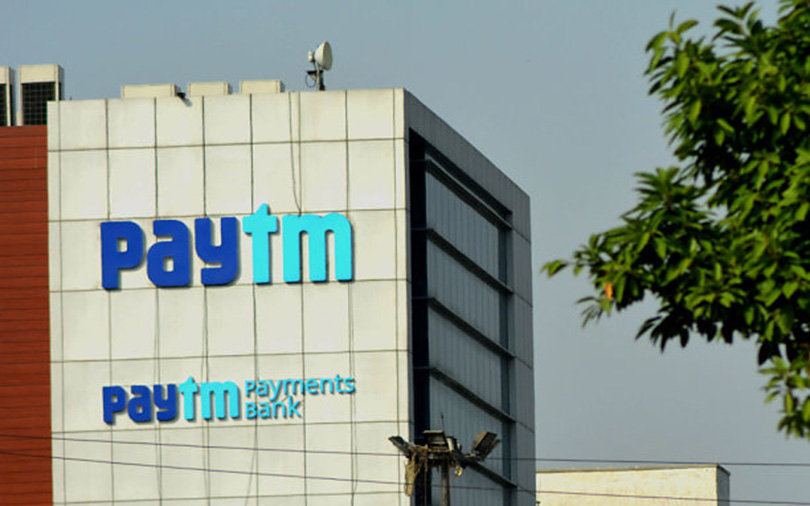
Amid limits and challenges, Paytm Payments Bank secures nod to cross-sell products


Having secured the central bank’s approval to act as a cross-selling agent, Paytm Payments Bank will soon start marketing other players’ products related to insurance, mutual funds and pension schemes, chief executive officer and managing director Satish Kumar Gupta told TechCircle. The payments Bank is primarily a digital entity.
“We have received an approval recently and we can add commissions from cross-selling of these products as one of our revenues streams,” said Gupta, who was appointed as Paytm Payments Bank CEO and MD in October 2018 after stints at National Payments Corporation of India and State Bank of India.
A payments bank aims to boost financial inclusion through savings accounts and payments services, but is not allowed to make a loan or issue a credit card, which is a form of unsecured loan. Even in case of savings accounts, a payments bank faces restrictions as customers can deposit only up to Rs 1 lakh.

The limited channels of revenues and restrictions on payments banks, as shown above, have seen players struggle with high infrastructure costs related to banking outreach aimed at financial inclusion for the unbanked people.
While about 41 entities had applied for payments bank licences in 2014 after the Reserve Bank of India (RBI), under Governor Raghuram Rajan, had released the draft guidelines, only 11 got permits. Of the 11, only six payments banks have launched operations — Aditya Birla Payments Bank, Airtel Payments Bank, India Post Payments Bank, Fino Payments Bank, Jio Payments Bank and Paytm Payments Bank.
At Paytm Payments Bank itself, Gupta is the third CEO appointment at Paytm Payments Bank in two years after former central bank executive Shinjini Kumar left in May 2017. Gupta’s appointment came a few months after Paytm said Renu Satti had stepped down as CEO of Paytm Payments Bank to join Paytm’s new retail segment as chief operating officer.

Gupta said that in a March 2019 meeting with RBI Governor Shaktikanta Das, payments banks had asked the central bank to relax their operational limits, adding that a broader bouquet of products will ensure better returns and retention.
He said, “India is a cost-sensitive economy. Given an option, the customer does not want to pay for transactions. In India, the cash transactions are not charged but digital transactions are, which needs to be changed.” Gupta said they have made representations to the committee on digital payments about the challenges in the hope that something positive will come out. RBI had set up a five-member panel of senior bureaucrats and institutional heads for deepening digital transactions in January, headed by Nandan Nilekani, former chairman of the Unique Identification Authority of India (UIDAI).
Also, the central ministry of electronics and information technology, which is the nodal body for all digital transactions, has increased the target for Paytm Payments Bank to five billion digital transactions for the financial year 2019-20. The ministry has set targets for wallet players and banking institutions for promoting digital transactions. According to reports, for 2017-18, the ministry had set a target of 25 billion digital transactions for all players, of which 20.3 billion could be achieved. For the financial year 2018-19, the target was set at 30 billion transactions.

Gupta said, “Our targets have been revised and last year we were able to surpass the target set for us. This shows a recognition of Paytm’s role in pushing digital transactions.”
On Wednesday, he inaugurated a branch in Delhi, adding that as envisioned by the RBI, the payments bank will primarily be a digital entity. Paytm Payments Bank currently has 44 million accounts and has processed transactions worth over Rs 20,000 crore.
